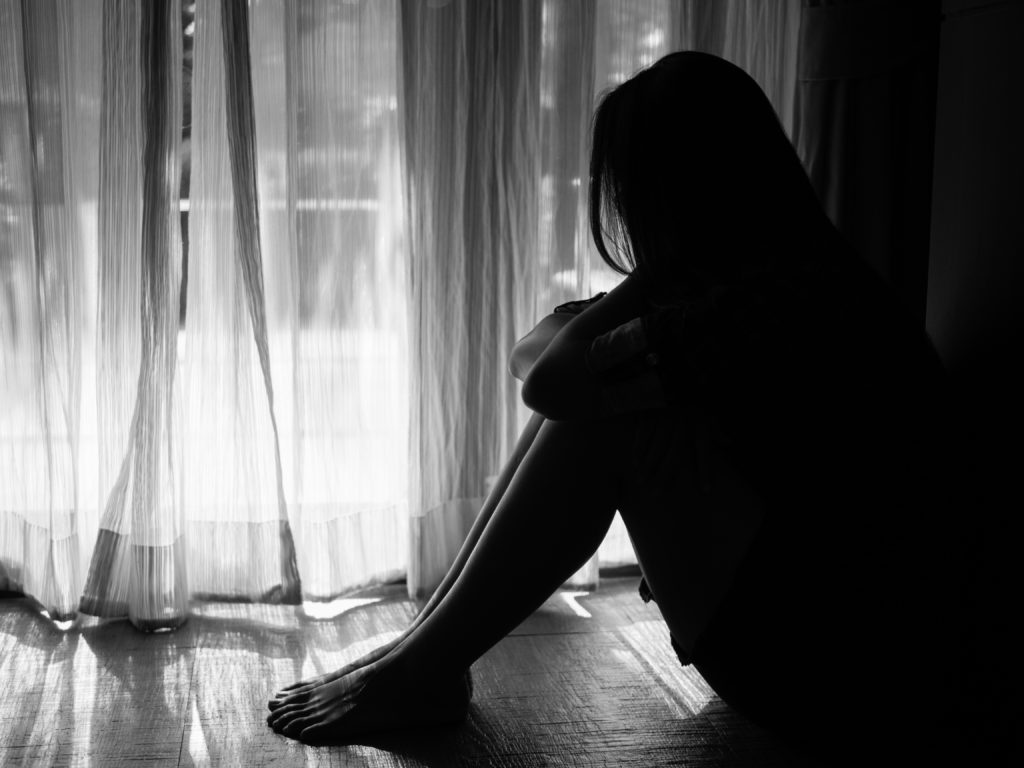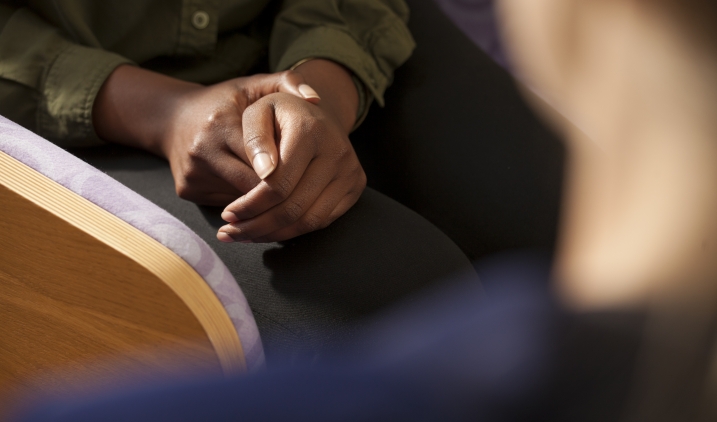Malaysian Mental Health Experts Share How To Respond To Someone Who Is Feeling Suicidal
We asked mental health experts about the common signs to look out for.
Suicide can be a sensitive and taboo topic, but it still very much needs to be talked about today
According to psychologist Dr John Grohol, about 70% of people who die by suicide show verbal and non-verbal clues before ending their life.
More often than not, it's possible to say the 'wrong' thing to someone despite having good intentions.
We asked several mental health experts how to respond to someone who might feel like giving up on life. Here's what they shared:
1. What are some common signs to spot when a friend or family member is contemplating suicide?
Suicide is not always a black or white decision.
"Some people might have thoughts for some time before moving on to planning and executing. So if we could notice the early signs of distress of those around us, perhaps we can pay more attention to them from the start," clinical psychologist Evone Phoo shared with SAYS.
For example, some of these signs may be:
- Being withdrawn,
- Depressed, and
- Having a loss of interest in things they used to enjoy.
Sometimes people may not leave behind any obvious signs.
"But some may leave subtle hints like giving away their belongings or calling to say that everything is fine now, and there is nothing to worry about anymore (given the contexts that they are in). These may be some telltale signs," she added.
2. If we know someone who is battling suicidal thoughts, what are some of the things that we should avoid saying?
Saying anything that diminishes what they are going through is not helpful.
According to clinical psychologist Dr Joel Low, statements like, 'Things will get better', 'Dying or running away is weak', 'You should sleep on it and things will go away', or 'It's just a phase that will pass' minimises the significance of what they're facing.
Phoo advised that telling someone that 'Things could be worse', or that 'Other people have had bigger problems and still live' may be said with good intentions, but are not helpful to the person.
"Someone suicidal often thinks of it because they feel that it's the only way out, or the only way to end the suffering they're going through, so to minimise it in any way would only enhance the suffering they're experiencing," Low explained.
"What they need is not blaming or discounting of their pain and suffering, but your presence and your compassion," Phoo shared.
Our response may mean a difference between the person feeling judged and more alone – or feeling understood and accepted.
3. What are some things that we should say to them instead?
It is not about what you say but more of how you say something and where it is coming from because every circumstance is different.
"Perhaps the question we can ask ourselves is how we should be with them. Usually what we see on the front are the behaviours and symptoms... what we don't see sometimes, is the person's inner world, and the meaning behind the suicidal intentions," Phoo advised.
"When we try to see from the person's perspectives and look deep inside ourselves to consider our own vulnerabilities; then maybe we can find a part of ourselves that can understand and relate to them. That is how I think we can be with them - understanding, and accepting," she added.
The last thing we want is to force our help onto someone who isn't ready for help.
"Providing a safe space for them is likely helpful. Listening to them, if they are willing to talk, goes a long way. Sometimes, it is not so much about what to say, but just being there to listen without judgement," clinical psychologist Dr Ng Siew Li recommended.
4. What are some other practical steps that we should take if we're in this situation?
"With friends and family, the most practical steps that you can do are to keep an eye out for changes that you notice in them. Sometimes, it's the subtle changes that could be indicative of something bigger going on. And in those times, it never hurts to just ask and see if all is well, and if not, if there's anything that you can do to help," Low explained to SAYS.
It is also important to know your role and limitations.
"There are situations that are best left handled by professionals. When needed, call the relevant emergency hotline or hospital. Sometimes we may need to do things we are uncomfortable doing to keep someone safe."
You cannot change others' behaviors, just ours, Ng noted. "So, it is not within our control [nor is it] reasonable to make sure nothing happens to another person. On the other hand, allocating some time to be with those you care is within your control, and that is doable."
5. Sometimes people refuse to see a counsellor or a therapist but are still capable of doing harm to themselves. How should we handle this type of situation?
"I think trying to get them in touch with help should always be the key choice. And the reason for that is that trained mental health professionals will have the required training and experience to deal with such a situation. The last thing we would want happen is that you get so triggered by the event, that you become affected yourself as well," Low shared.
He explained that in Malaysia, it is common for family members to have the authority to admit someone into hospital - so getting them involved may be a good idea.
"But at the end of the day, if you are very certain that harm is impending, then making a police report would be the final, 'break glass in case of emergency' approach, as ultimately, preserving life should be paramount," Low said, adding that we should be aware that the act of suicide can be an illegal action and that person might face legal charges.
"Make sure that you're absolutely certain before making that decision."



